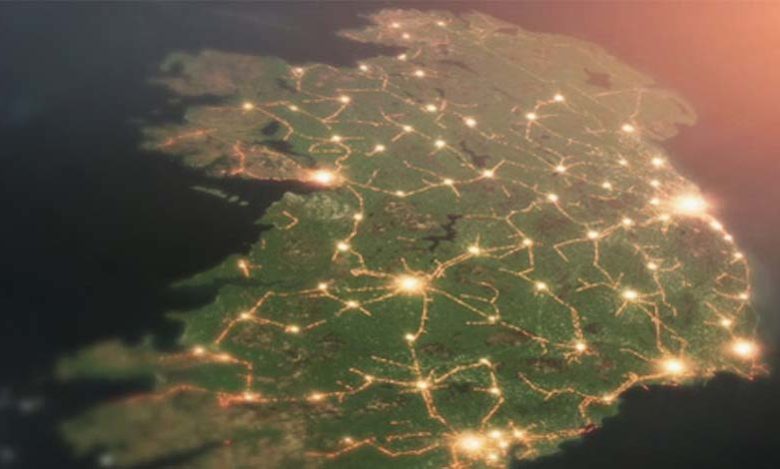
Fianna Fáil TD for Roscommon/Galway Eugene Murphy has said the ownership of the State sponsored broadband infrastructure under the National Broadband Plan is irrelevant as the priority should be focusing on bringing high speed broadband to rural towns and villages which are being left behind.
“In my opinion the debate about whether the National Broadband Plan should be in public or private ownership is really irrelevant as the business people and individuals I have spoken to in rural towns, communities and villages throughout Roscommon/Galway don’t really care who is providing it just as long as they get the necessary high speed broadband to allow them compete at a level playing field. The latest figures for Irish broadband download speeds should serve as a severe wake up call for the Government.
Comreg’s Data Report for Q1 2016 in the Irish Communications Market cites a severe broadband coverage deficit and a substandard service for existing broadband users. This report makes for stark reading. Comreg’s report reveals that around half of all businesses and over a quarter of homes have broadband download speeds of less than 10Mbps. In other countries, these speeds would not even meet the criteria to be classified as broadband, nor should they here.
“The Government’s national broadband plan (NBP) envisages speeds of at least 30Mbps. It is highly questionable if this can be considered “high-speed broadband” and represents second rate ambition which will be quickly overtaken by technological advances,” said Deputy Murphy.
“A number of my constituents who run their own businesses actually find it quicker to sit in their car outside their premises on their mobile phone to send emails or conduct business because it’s quicker than sitting waiting on their computer in the office- that’s how bad the broadband speeds are in some parts of Counties Roscommon and Galway and that unfortunately is the reality of trying to do business in rural Ireland,” said Eugene Murphy.
“The Government needs to wake up to the fact that the NBP is in tatters. Speeds are questionable and deadlines have been pushed out. Over 750,000 premises will have to wait until 2022 – some 6 years from now – for broadband to reach their homes and businesses.
“We need to see the plan upgraded and fast-tracked. Fibre optic links must be the goal. State of the art fibre broadband will bridge the digital divide, bringing homes into the 21st century and opening up a global market for local entrepreneurs. Ireland cannot afford to be left behind and the Government must prioritise fibre broadband to allow us to compete at the highest level,” concluded Deputy Murphy.

